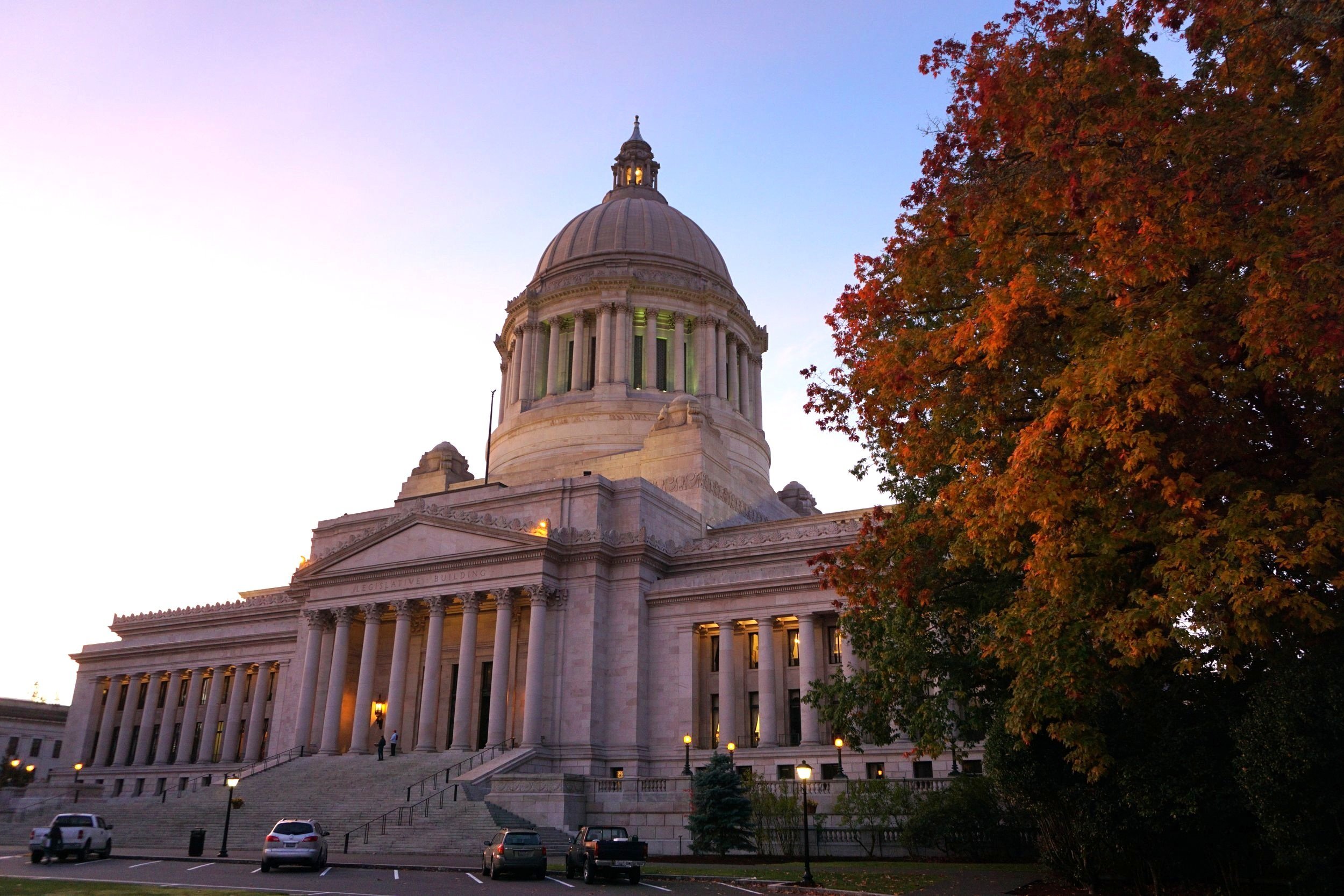
2021 Legislative Priorities
Washington Coalition for Open Government has established the following priorities for legislative action during the 2021 session. The Coalition encourages its members and concerned citizens throughout Washington to contact members of the Legislature and encourage their support for these priorities.
Treat All Legislative Records the Same as Other Public Records
The Washington State Supreme Court ruled, in Associated Press et al v. Washington State Legislature et al, that records held by individual legislators are subject to disclosure under the Public Records Act. Now it is time to make the PRA apply to all legislative records, including those of legislative staff and agencies of the legislative branch. We must make the state legislature as accountable to the people as every local legislative body in the state, with appropriate exemptions that are in the public interest.
Stop Abuse of Agency Notice to Parties Named in Records
Many agencies delay release of records by abusing the ability to notify persons named in a record. The amount of time allowed for such parties to obtain a court order blocking release of records should be limited to two weeks or less from the date of the agency’s initial response to the request. Agencies should be required to identify the exemption under which a record could be withheld when providing notice. Requesters who successfully defend against a lawsuit filed by a third party to block release of records should be able to recover their attorney fees and court costs from that party, or from the agency if the agency acted in bad faith by inviting the lawsuit.
Codify Rules for Public Records and Public Meetings During Declared Emergencies
In response to the COVID-19 pandemic, the governor suspended portions of the Public Records Act and the Open Public Meetings Act and prohibited use of various parts of them because of social distancing requirements. While stakeholders were consulted on these actions, they have not been subject to the full deliberative legislative process. The legislature should convene a stakeholder process to craft PRA and OPMA amendments to address their operation during declared emergencies so such proclamations and suspensions would not be required in the future, including emergencies such as major fires, floods, earthquakes, and volcanic eruptions in addition to pandemics.
Advisory Committee Meetings Must be Open to the Public
Public agencies often create boards, committees, task forces, or other groups to analyze policy alternatives and make recommendations. Too often these advisory groups meet outside the public eye, so people can’t see what options were considered and understand why some were excluded. All this work should be open to the public, with meeting times and places announced in advance. Let’s stop developing policies in secret.
The following additional items of concern to open government advocates will be also be supported:
Require all special purpose districts to hold elections using the same schedule and mechanism as other jurisdictions, and to be fully subject to the Open Public Meetings Act.
Clarify that agencies cannot escape PRA penalties by leaving a request open indefinitely, and that litigation to force release of records can start as soon as access to a record is denied even if the request is not “closed”.
Provide voluntary alternative dispute resolution for PRA and OPMA cases that is faster and less expensive than superior court, without impairing a plaintiff’s ability to choose to file a suit or receive penalties if they prevail.
Require disclosure exemptions to be contained within or referenced from RCW 42.56.
Create an exemption in the PRA for audio and video recordings of lawfully closed meetings.
Create a private right of action under the PRA for improper or premature destruction of public records.
Prevent agencies from initiating litigation against public records requesters such as for declaratory judgment.
Amend the state constitution to eliminate any notion of “Executive Privilege” under the PRA.
Restore the original intent of the attorney-client communications exemption in the PRA.
Oppose weakening of the PRA through changes in process or expansion of exemptions.
Require an opportunity for public comment before final action is taken under the OPMA.
Officials who violate the OPMA should be penalized even without proof they knew the meeting was illegal.
Make it explicit in the OPMA that serial and virtual meetings that are not announced and open to the public, including those conducted through electronic media or third parties, are illegal.
Confirm that use of pseudonyms when voting on motions such as selecting employees to hire or appointees to public office, boards, or commissions is a prohibited secret ballot.
Prohibit governing boards from declaring themselves to be continuously in all-day public meetings.
